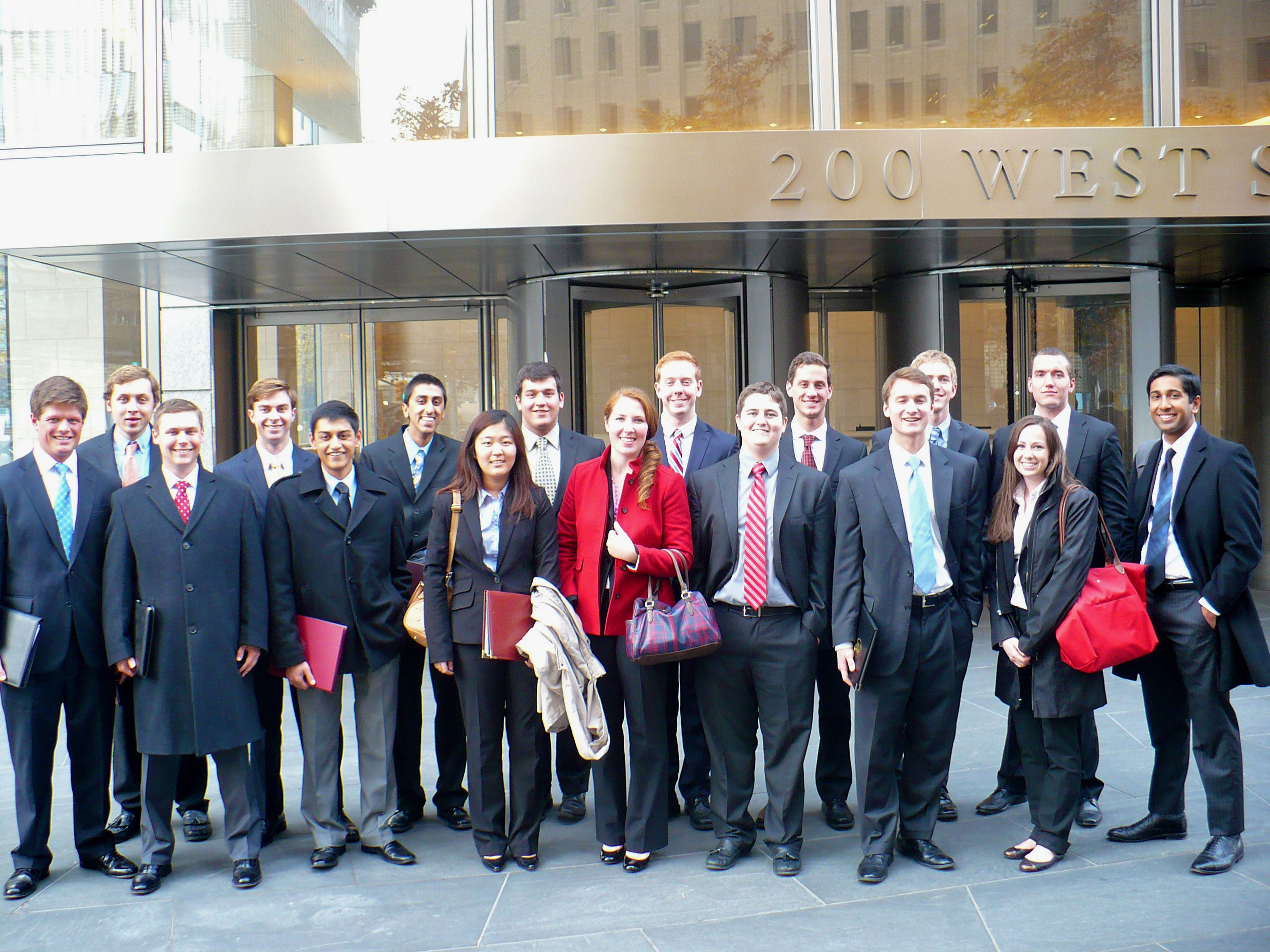Policy changes give Virginia Tech student group more investment choices

Virginia Tech’s student group that manages $5 million of the university’s endowment through investments in bonds and other fixed income securities has received a wider range of investing options as a result of a policy change by the Virginia Tech Foundation.
“The change is intended to do three things,” said John J. Cusimano, university treasurer and associate vice president for finance at the Virginia Tech Foundation, referring to the investment policy governing the student group known as BASIS (Bond And Securities Investing by Students).
One aim, he said, is to allow students to invest in higher yielding — but still investment grade — securities to expand their learning experience and to let them take advantage of opportunities when attractively priced.
Another objective is to “give the team more ability to adjust their allocations to accommodate underpriced and overpriced situations, as was the case recently with U.S. Treasuries.”
Lastly, the policy change would “give the students a fixed amount to invest versus a relative percentage of the overall endowment,” Cusimano said.
“From a risk perspective, the goal is to keep the portfolio large enough to accommodate the students’ learning experience, yet small enough to minimize the risk exposure of the overall endowment fund.”
BASIS is among a handful of bond-only student-investor programs in the nation and the only one run by undergraduates as an extracurricular activity. Another Virginia Tech student-investor program, SEED (Student-managed Endowment for Educational Development), manages a stock portfolio that is believed to be the nation’s largest that is managed by students as an extracurricular activity.
Going forward, Cusimano added, the portfolios of both BASIS and SEED “will be pegged to the same fixed amount of $5 million.”
Finance professor George Morgan, one of two Pamplin College of Business faculty advisers to BASIS, said the changes, made on Sept. 6, represent the biggest shift in the foundation’s investment policy since the BASIS fund was established in 2006.
“By significantly expanding the range of securities that can be held and the positions that can be taken, the new policy gives BASIS students the opportunity to develop and demonstrate their skills on a new level,” Morgan said.
“The vote of confidence in our student investors and their ability to manage risk comes at a critical time,” he added, of new Federal Reserve tactics, global political crises, a stagnant European economy, and slow and uneven growth in the U.S. economy.
If BASIS can earn better returns on the foundation’s endowment funds, educational programs at Virginia Tech will benefit, he said, as BASIS portfolio earnings generate funds to support scholarships, professorships, and other university programs and needs.
BASIS co-CEO Aditya Mothadaka, of Richmond, Va., a senior majoring in psychology and finance, said the group is eager to accept the new challenges and opportunities expressed in the updated investment policy. “We now have the opportunity to analyze a greater number of companies and improve our investment process.”
Both BASIS and SEED give qualified students investing experience and exposure to industry professionals, reinforcing concepts and theories learned in class and enhancing students’ understanding of their course work.
Read more about BASIS and SEED, and the thoughts of their alumni on how their fund experience has helped their careers.







.jpg.transform/m-medium/image.jpg)